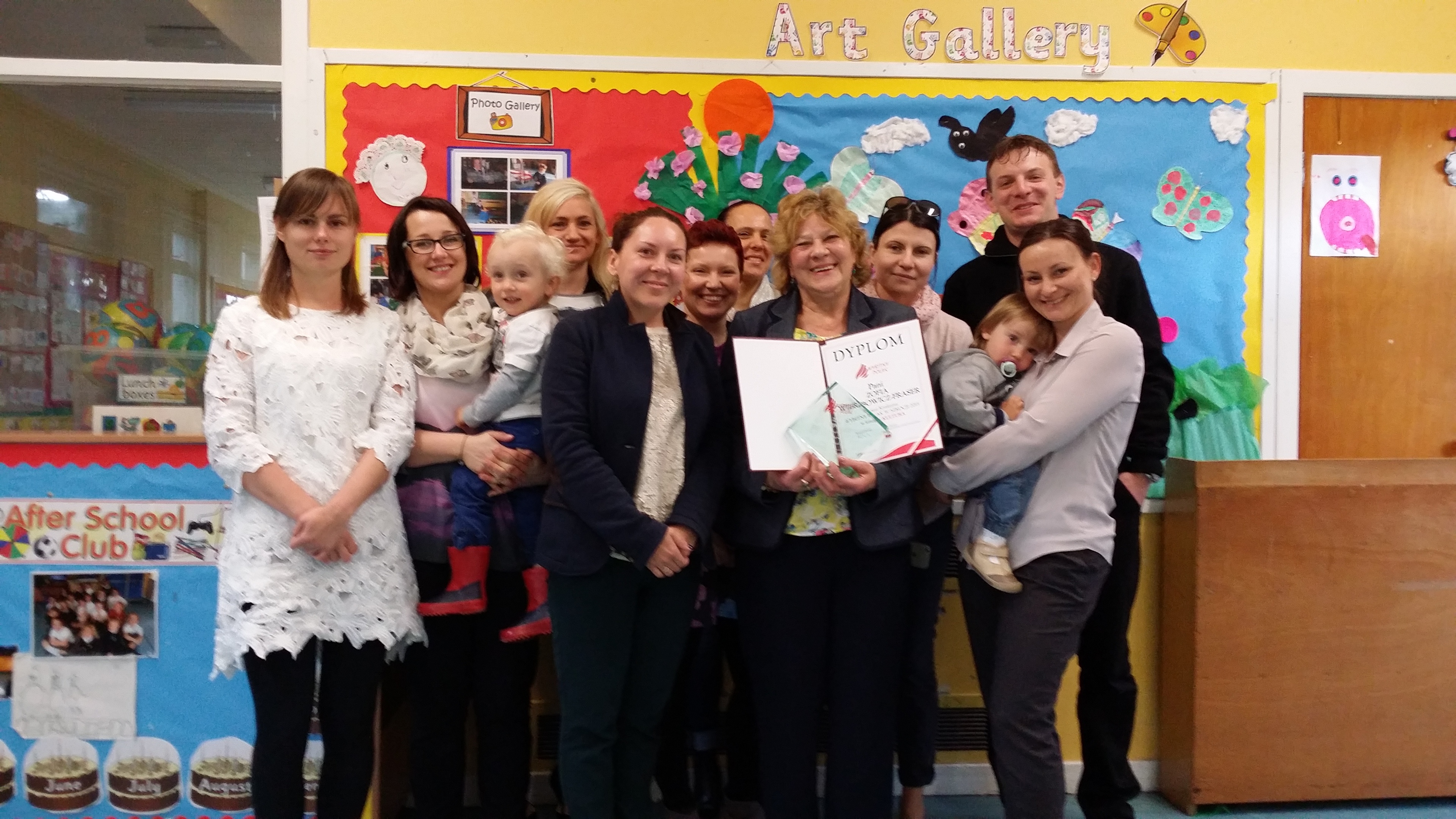The chairwoman of a Highland Polish community group has claimed her countrymen were being treated like “second class citizens” by being barred from voting in the EU referendum.
Zosia Wierzbowicz-Fraser, who leads Inverness Polish Association, claimed people who have settled in Scotland were being prevented from having a say on their long-term futures.
The UK Government has confirmed that 1.5million EU nationals resident in the UK, including almost 90,000 people who were eligible to vote in last year’s independence referendum, would not be able to take part in the ballot, which is expected to be held in 2017.
EU citizens can take part in Holyrood, local authority and European Parliament elections but not general elections.
Ms Wierzbowicz-Fraser, who recently won an award for her efforts to help Polish migrants integrate into Highland life, said: “There is an aura of resentment building that we are being treated as second class citizens which is considered to be very unfair.
“The image appears to be that we are only useful for cleaning and other low level jobs and we are not being allowed to vote for our futures, which is extremely unfair and it is causing a lot of stress and worry.”
Ms Wierzbowicz-Fraser, who lives in Inverness’s Ballifeary Lane, said many Polish people could not afford to pay the costs of becoming British citizens which would enable them to vote in the referendum.
“The Polish people here pay their taxes, their bills, work hard and want to stay but we are being disenfranchised,” she added.
“There is degree of injustice in this which should not be allowed to persist.”
First Minister Nicola Sturgeon reiterated her position on the EU referendum, which bars 16 and 17-year-olds from voting, in Edinburgh this morning. (tues)
“We will propose a double majority, meaning that exit from the European Union is only possible if all four nations of the UK agree to it – something which would ensure that Scotland couldn’t be forced out of the EU against our will,” she said.
“We don’t think it’s perfect, we think reform is both desirable and necessary, but we believe very strongly that Scotland’s interests are best served by being members of the European Union and we will argue that case strongly and positively.”
